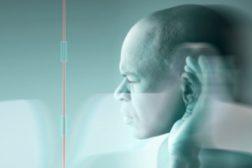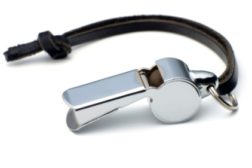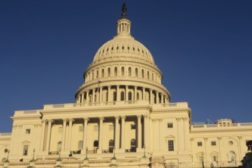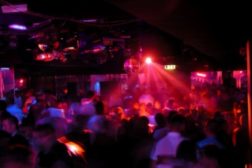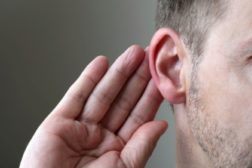Home » hearing
Articles Tagged with ''hearing''
OSHA loses key supporter in Congress
Agency issues will now be "too far down the food chain"
November 9, 2012
Become a Leader in Safety Culture
Build your knowledge with ISHN, covering key safety, health and industrial hygiene news, products, and trends.
JOIN TODAYCopyright ©2024. All Rights Reserved BNP Media.
Design, CMS, Hosting & Web Development :: ePublishing
